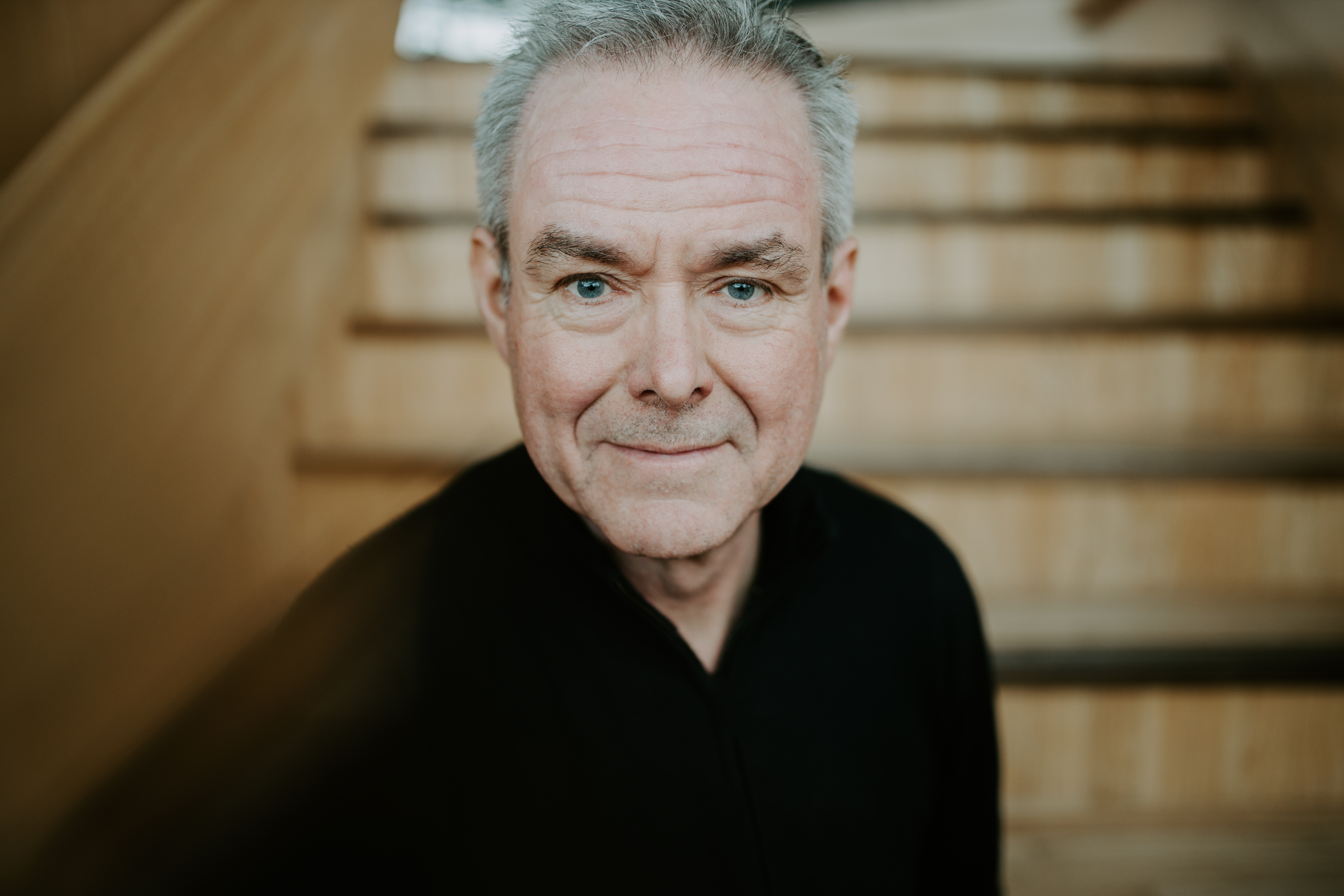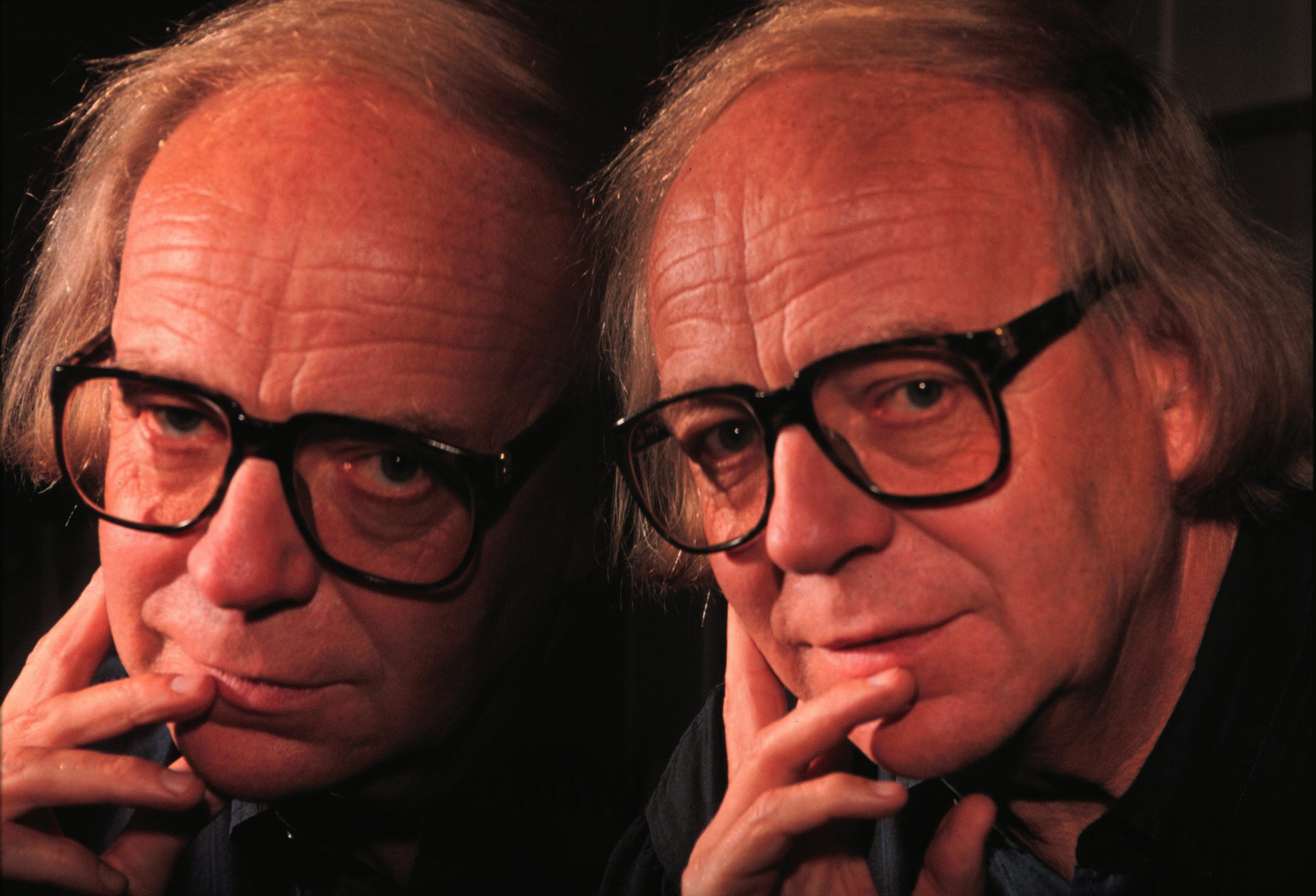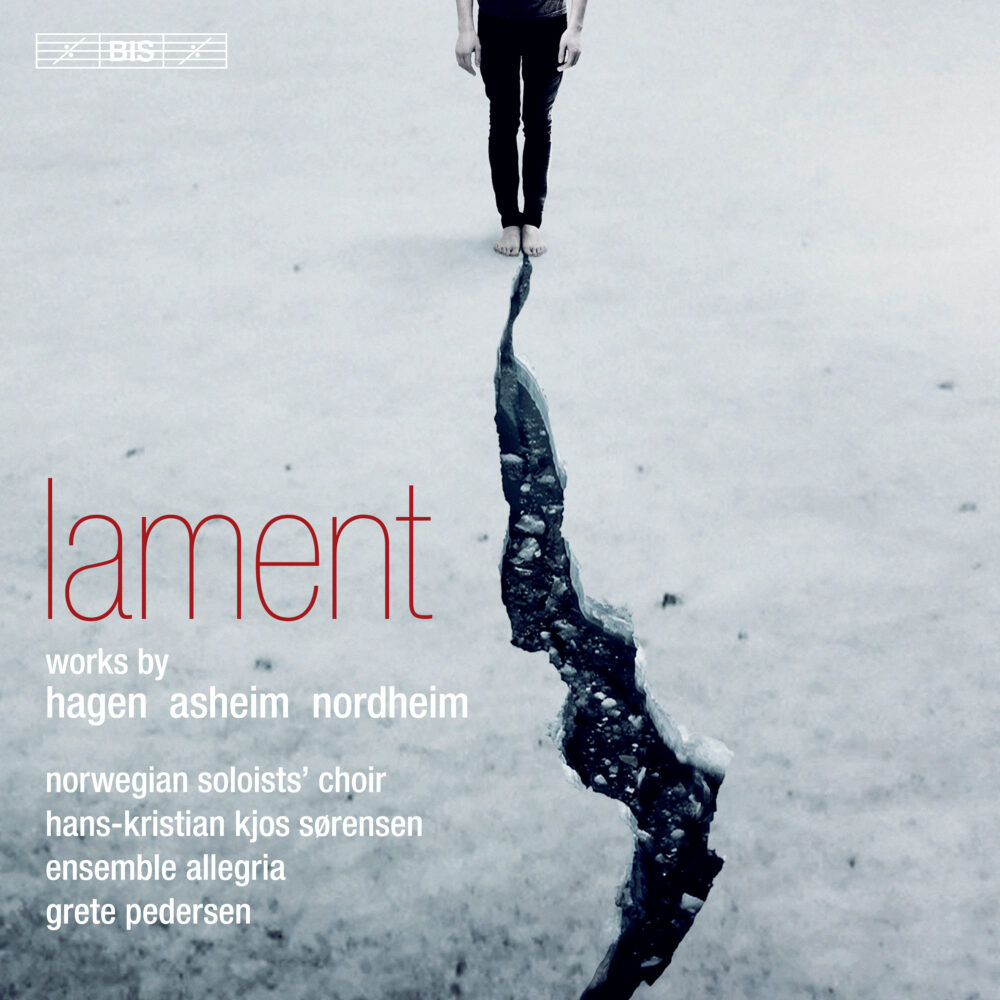Learn about the ideas and inspirations behind 'Lament'.
It is with great pleasure that we release our new album on BIS Records with music by three of Norway's leading composers: Lars Petter Hagen (Lament, 2017), Nils Henrik Asheim (Muohta, 2017) and Arne Nordheim (Aurora, 1984).
You can listen to the album on Spotify, or order an example here. Lament was recorded in Ris kirke in Oslo, Norway in 2019.
Lament by Lars Petter Hagen
Lars Petter Hagen’s Lament (2017) is based on a poem by E. E. Cummings, written when the poet was six years of age. In Hagen’s song of sorrow the words of the poem are divided up and slowly stretched out.
FATHER DEAR. BE, YOUR FATHER-GOOD AND GOOD,
HE IS GOOD NOW, IT IS NOT GOOD TO SEE IT RAIN,
FATHER DEAR IS, IT, DEAR, NO FATHER DEAR,
LOVE, YOU DEAR,
ESTLIN

The text dissolves in an unassuming hopefulness which pulsates in waves of grief, beautiful and painful at the same time. Like other works by Hagen, the music is characterised by calmness and a slow pace. The contrast between instrumental and electronic elements and the voices forms a divide, a hollow space in which melancholy can find a foothold. The elements are in dialogue, yet resigned to the distance between them. Lament is written for choir, percussion and electronics and was commissioned by the percussionist Hans-Kristian Kjos Sørensen.
Muohta by Nils Henrik Asheim
Nils Henrik Asheim’s Muohta consists of eighteen words in the Sami language, words which are all related to snow in different ways. Each word corresponds to one of the eighteen sections of the work, while the title is the general term for snow in Sami. The music carries the listener through a snowy landscape which undergoes slow and smooth, almost imperceptible, changes.

For the most part, the work is serene, giving rise to memories, both visual and tactile, of snow. In the context of today’s debate on climate, and with winters bringing less and less snow, the impact of the work becomes even stronger. We are reminded of our experiences of nature, and are made to reflect on the possibility that one day these will only be memories.
Muohta was commissioned by the Norwegian Soloists’ Choir, and is composed as a response to The Seasons by Joseph Haydn. In 2018 Muohta was awarded the Nordic Council Music Prize, described by the jury as ‘music that is at once acutely contemporary yet conscious of its history.’
Aurora av Arne Nordheim
Arne Nordheim’s Aurora (1984) has its origins in Psalm 139 and in the last canto of Dante’s Divine Comedy. The work is written for choir, four soloists, two percussionists and electronics, with the vocal element given a prominent role. According to Nordheim, the connection between the two texts inspired him to a work which belies the centuries that separate them.

In Aurora, God’s downward gaze on mankind in Psalm 139 is juxtaposed with Dante’s gaze upwards, towards God and the heavenly light. The words of the psalm are sung both in Latin and in Hebrew, while Dante’s canto is heard in Italian, with Nordheim making use of the different sounds of the three languages. The work is in three parts, each of which is closely connected to the sound and the expression of the text it springs from.
The psalm text forms the basis for the first two sections, in which a solo quartet sings a kind of duet or canon with the electronic tape. Made at the time of composition, the tape includes a vocal element recorded by the vocal group Electric Phoenix, for which the work was written. Sounds of tinkling bells, gentle timbres and almost static blocks of sound are at times interrupted by unforeseen shifts and contrasts. In the third part of the work, Dante turns his gaze towards heaven and as he reaches enlightenment he hears an angelic choir. Nordheim lets the voices merge into wordless blocks of sound that actually brings to mind Dante’s words in [proposed addition: ‘an earlier part of’] Paradiso.
The instrumental elements that accompany the singing adds to the magical effect. On the phrase ‘l’amor che move il sole e l’altre stelle’ (‘the Love which moves the sun and the other stars’), the work ends with a peaceful, lyrical epilogue that gradually fades into nothing.
Utdrag av teksten i CD-heftet, skrevet av Nina Nielsen.
